Sesame seeds are tiny, oil-rich seeds that grow in pods on the Sesamum indicum plant. Unhulled seeds have the outer, edible husk intact, while hulled seeds come without the husk. The hull gives the seeds a golden-brown hue. Hulled seeds have an off-white color but turn brown when roasted. Sesame seeds have many potential health benefits and have been used in folk medicine for thousands of years. They may protect against heart disease, diabetes, and arthritis. However, you may need to eat significant amounts — a small handful per day — to gain health benefits.
Sesame seed powder is a rich source of natural oils, lignans, antioxidants, protein, dietary fiber, and vitamins and minerals like calcium, iron, potassium, phosphorus, magnesium, B-vitamins, and vitamin E according to the USDA.
They are commonly added to salads as a topping for bread and grain products, crackers, sushi, cakes, soups, or as breading for fish and meat. Also, sesame oil, derived from the seeds, is a rich source of nutrients with both laxative and emollient properties.
Sesame seed powder is a rich source of natural oils, lignans, antioxidants, protein, dietary fiber, and vitamins and minerals like calcium, iron, potassium, phosphorus, magnesium, B-vitamins, and vitamin E according to the USDA.
They are commonly added to salads as a topping for bread and grain products, crackers, sushi, cakes, soups, or as breading for fish and meat. Also, sesame oil, derived from the seeds, is a rich source of nutrients with both laxative and emollient properties.

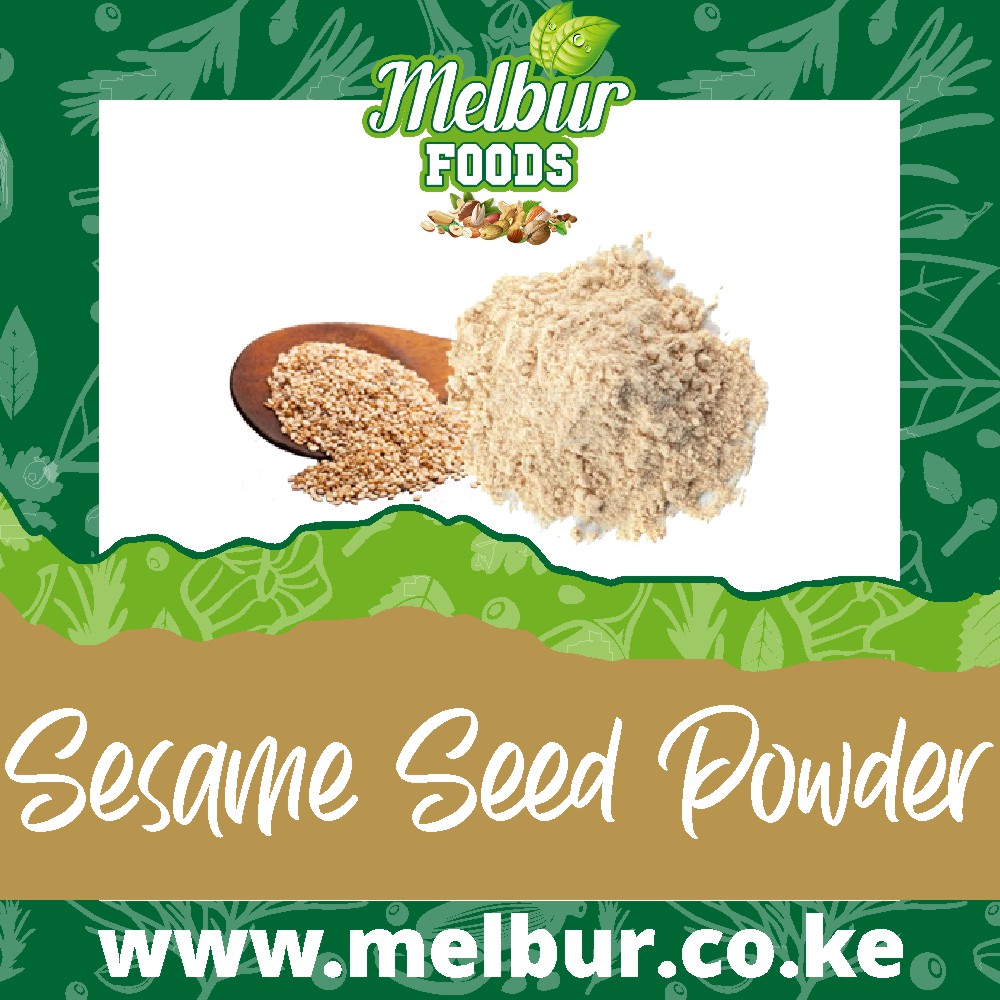
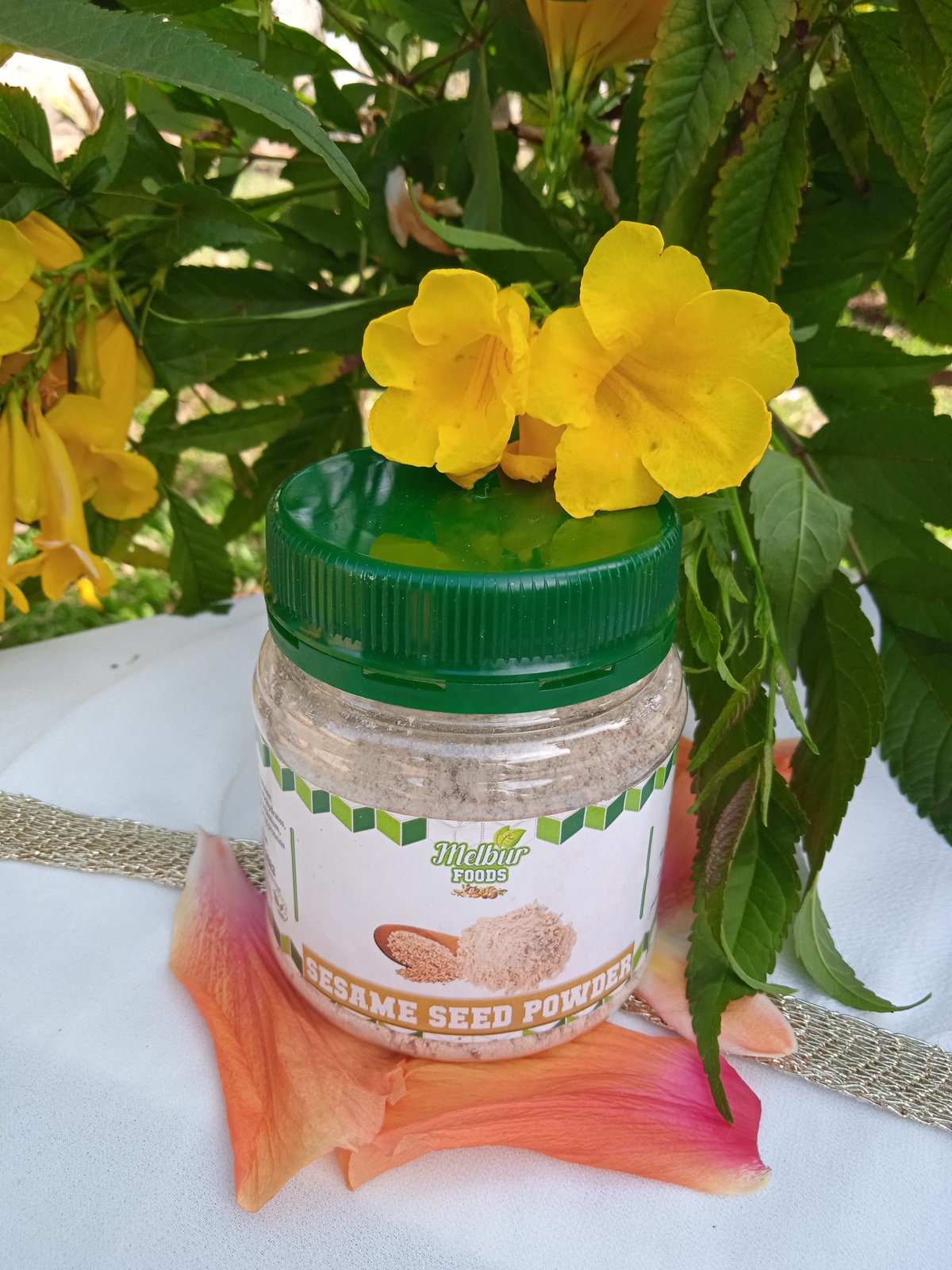

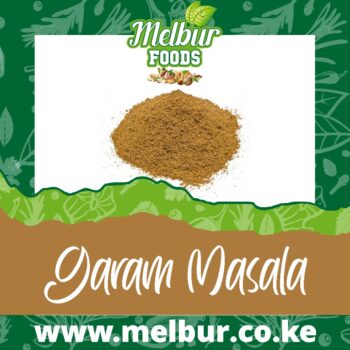
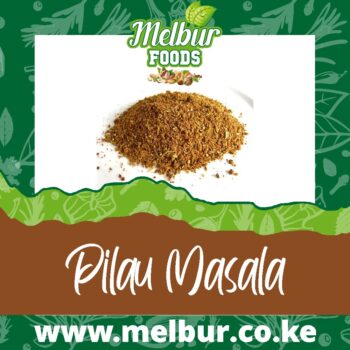
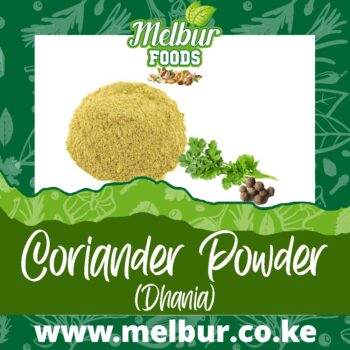
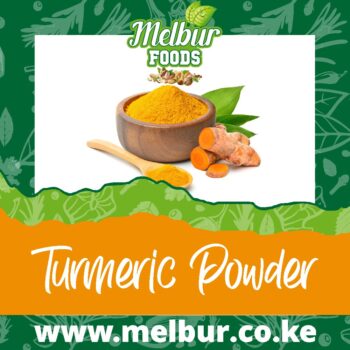
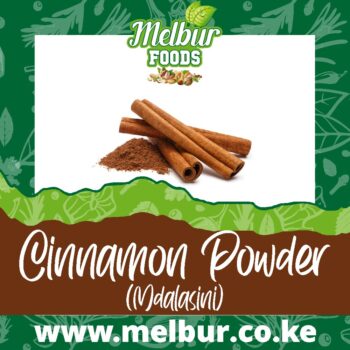
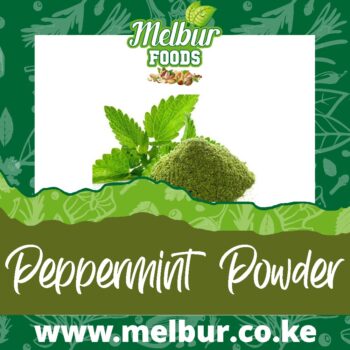
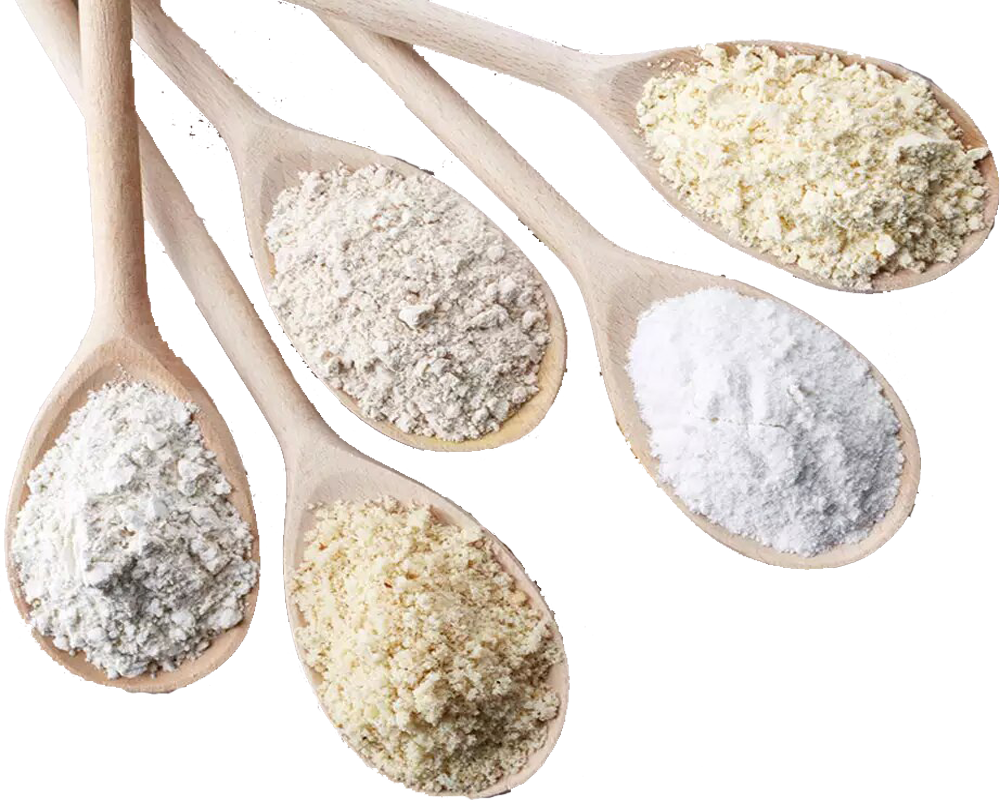
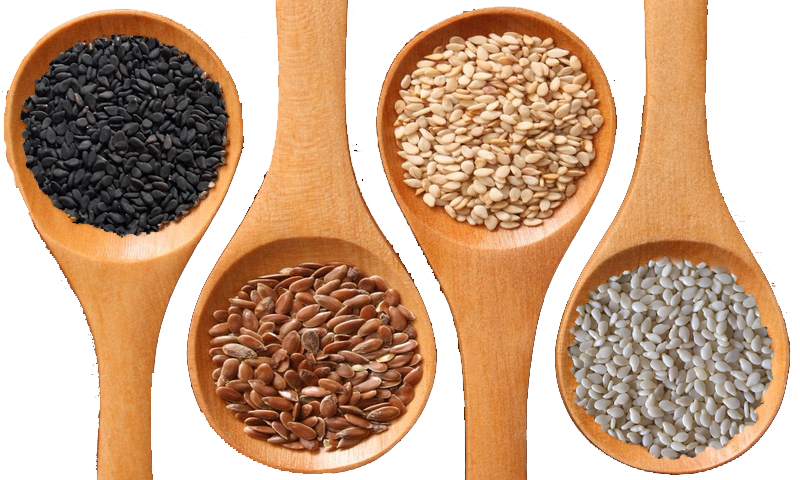
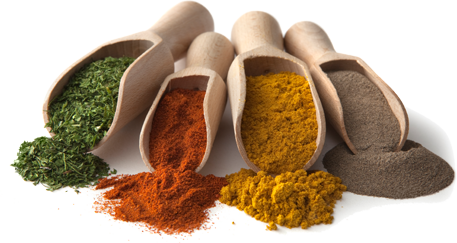
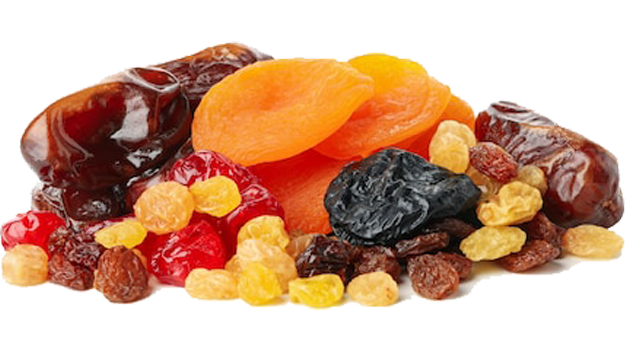
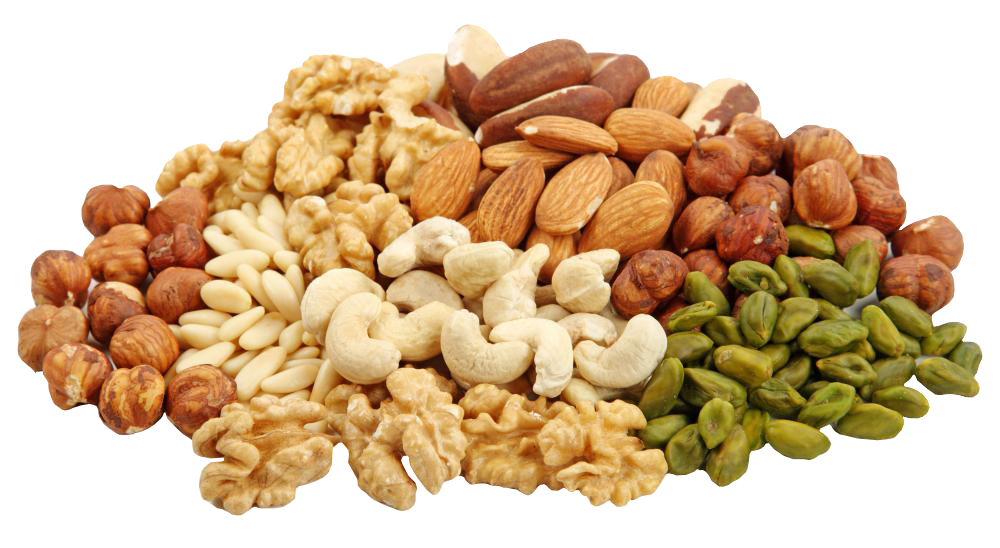


There are no reviews yet.